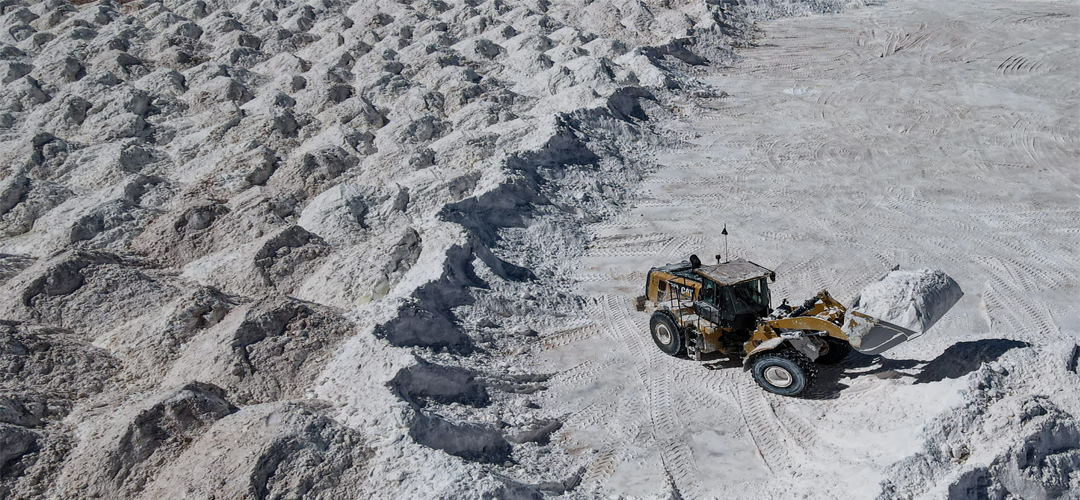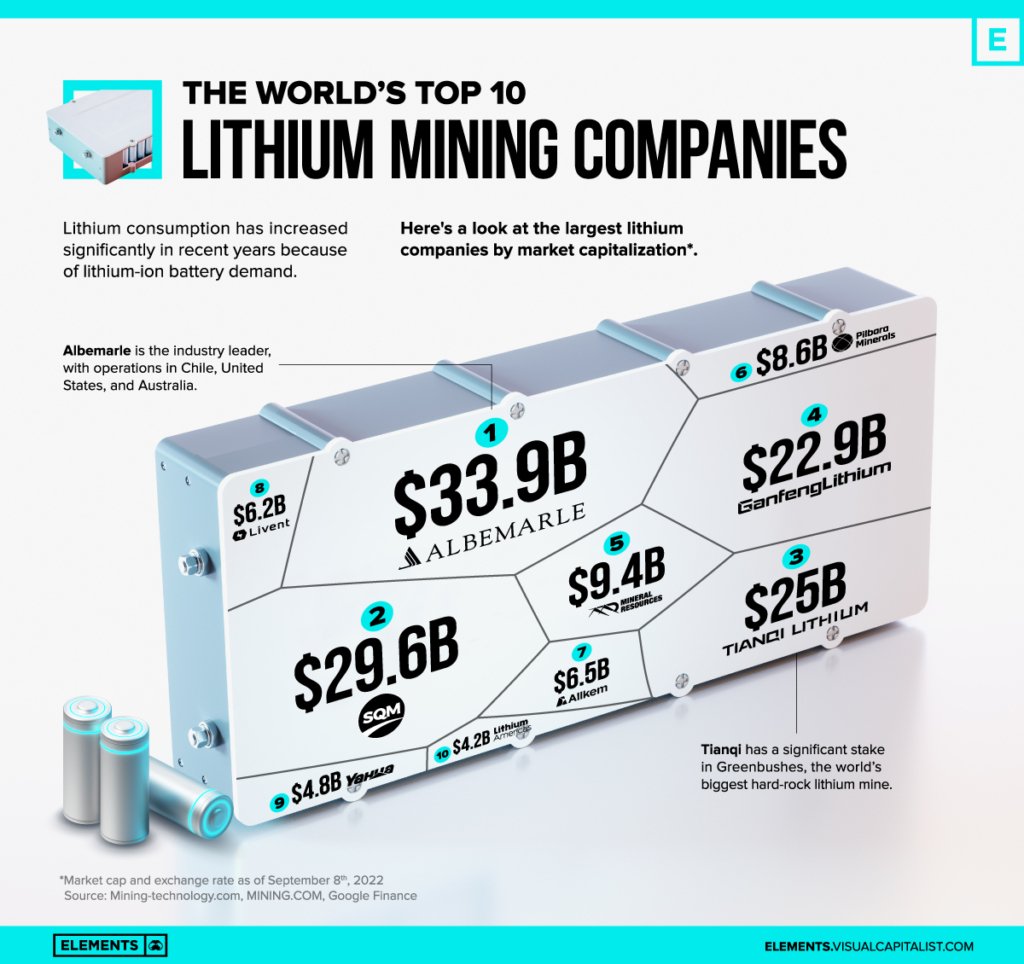Iran: Striking 'white Gold'
March 11, 2023 | Expert Insights

News media are full of stories about the discovery of rich lithium deposits in Iran; Iranian sources claim reserves amounting to nearly 8.5 million metric tons in the western province of Hamedan.
If found to be true, this could be a major development in the market for rare earths. With demand for Lithium rising by the day, China is alleged to have secured a stranglehold on its supply, a feat which could give it an enormous geostrategic advantage. For the Islamic Republic of Iran, whose oil wealth has remained boycotted due to crippling decades-old western sanctions, the lithium reserves could provide the lever to spring open the sanctions.
Background
Given Lithium's salience in the production of batteries, electronic devices, mobile phones and EVs which makes decarbonisation and transition from fossil fuels heavily reliant on the metal, Iran's first Lithium find amid sky-rocketing lithium prices worldwide has major geopolitical and geoeconomic implications.
The geopolitical relations between Iran and the West have been acrimonious, to say the least, since the Iranian Revolution in 1979, which resulted in the founding of the Islamic Republic of Iran under Ayatollah Khomeini after overthrowing the West-aligned Pahlavi dynasty. The U.S. hostage standoff and the humiliating rescue mission ensured that the U.S. waged an incessant undeclared war against Iran for nearly half a century, labelling it as the doyen of international terrorism. Since then, Iran has faced multiple sanctions on different grounds from the EU, the UN and the U.S., with the severity of the sanctions fluctuating based on the international political climate.
These embargoes imposed to influence Iran's domestic and foreign policies to line up more with the UN-backed international order have gradually started to take a toll on the Iranian people as well as the country's economy, leaving it with limited chances of meaningful global economic integration through trade. Iran has also faced perennial shortages in almost all sectors, ranging from food and consumer goods to technology. This is despite holding the third-largest oil reserve and second-largest natural gas reserves.

Analysis
The lithium reserves in Iran are purported to be the second largest in the world, amounting to almost a tenth of the world’s deposits. Countries opposing the U.S.-led bloc or facing sanctions from the West have already shown interest in exploiting the newly discovered Iranian Lithium.
Russian state media outlet Sputnik has declared that Iran’s lithium discovery has “rendered western sanctions worthless.” China which hosts 70 per cent of the world's lithium processing and has already signed a 1 billion USD procurement agreement with major lithium producers such as Bolivia, announced that "exploiting the new reserves is in alignment with the world's goal of meeting the energy and climate crisis.” Clearly, Beijing would not lose any time to become the major purchaser of Iranian Lithium, which would be in line with its aggressive outreach to grab critical metals and resources at any cost, with little or no political inhibitions.
Lithium has become especially valuable in the backdrop of increasing climate concerns since it is a crucial raw material in producing renewable alternatives to fossil fuel; it is the core of rechargeable EV batteries. World Bank predicted in 2020 that demand for Lithium could rise by nearly 500 per cent by 2050!
Even promising alternatives to lithium-ion batteries, like QuantumScape Corp's solid-state lithium-metal battery, use Lithium primarily because of the metal's superior electrochemical potential and low weight compared to other metals like nickel used in traditional batteries.
The finding of these lithium deposits in Iran can thus act as a bargaining chip for the country as well as potentially increase its participation in the global economy. This could be a huge relief to the economically isolated nation, which had drawn the flak of the Western world for supplying the Russian army with drones and other combative technology and continuing its uranium enrichment (Nuclear) programme.
Assessment
- It would be too early to celebrate as according to the United Nations Framework for Classification for Reserves and Resources of Solid Fuels and Mineral Commodities (UNFC 1997), the newly discovered lithium reserves in Iran are a product of low confidence reconnaissance study, rather than more advanced commercial viability and feasibility studies. Hence, more work is required to ascertain the economic viability of these reserves and arrange a setup where the actual mining can be sustainably carried out.
- Also, Iran has neither officially clarified the stage of lithium ore prospecting nor provided any technical information about the deposits yet. While Iran may have discovered lithium ore reserves, at least four years are still required to prepare the lithium mines for viable lithium extraction and establish long-term mining operations.
- In the context of the economic embargoes Iran faces, it will be challenging for the country to fully exploit the tremendous export potential of the new lithium reserves. However, it can provide domestic Iranian tech industries with a much-necessary boost. Its struggling oil and gas exports bear testimony to the efficacy of UN-imposed sanctions.








Comments